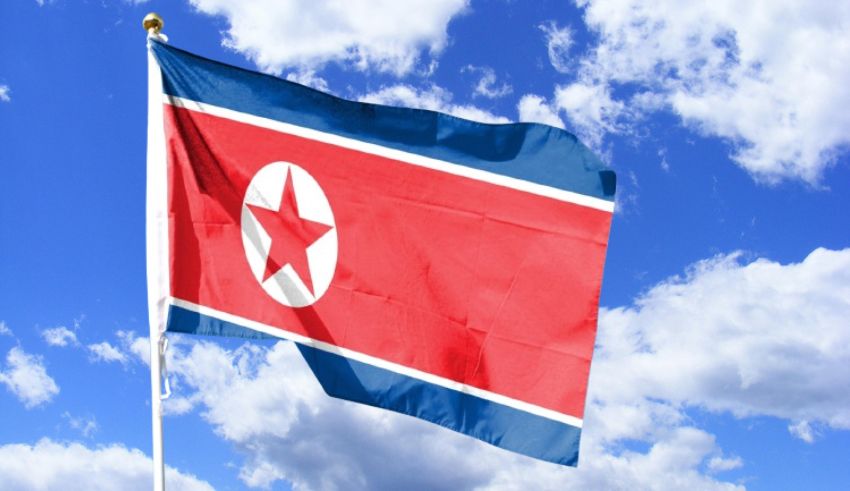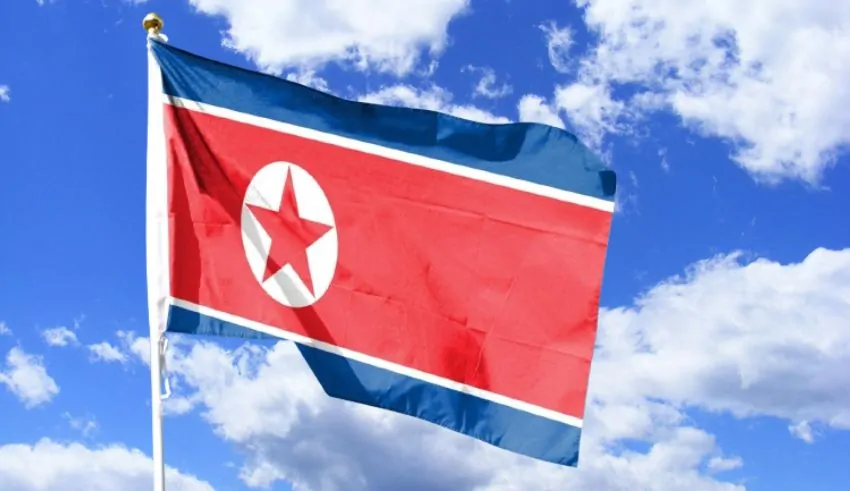

(C) North Korea
Officially labeling South Korea as a “hostile” state, North Korea is formalizing the growing gulf between the two Koreas. Announced Thursday, this major shift is the first time Pyongyang has publicly confirmed legal changes demanded by leader Kim Jong Un early this year. The rewrite of North Korea’s constitution marks a new and alarming stage in the declining ties with the surrounding nations, which have been stressed by militarization, more rhetoric, and mutual mistrust.
The legal change follows months of growing hostilities between the two Koreas. Kim Jong Un took a major turn in January 2024 when he declared Seoul as North Korea’s “principal enemy,” a clear departure from past rhetoric at least giving the idea of reunification some lip regard. Kim made it plain at that time that North Korea was concentrating on strengthening its military and political separation from the South rather than in seeking a united Korean Peninsula. According to the Korean Central News Agency (KCNA), the declaration this week verifies that North Korean law now reflects these changes.
North Korea has physically cut important transportation connections with the South, demolishing roads and railroads that once stood for hopes for collaboration between the two countries in a move attracting international notice. KCNA termed the destruction of these important inter-Korean roads as “an inevitable and legitimate measure,” and it fits the constitutional revisions now classifying South Korea as a hostile state. This act of hostility signifies a turning point in the continuous deterioration of ties since North Korea keeps strengthening security and fortifying its borders.
The border operations of North Korea fit a larger military plan. Pyongyang has been planting fresh landmines and raising surveillance over recent months, actions meant to prevent any kind of connection with the South. Described as part of “the phased complete separation” between the North and the South, the damage of the roads and rails highlights North Korea’s intention to cut off relations with its southern neighbor forever. These paths had been “completely blocked through blasting,” KCNA claims, a clear sign of the North’s will to separate itself from South Korea.
Officially, the final traces of any pretense for peaceful reunion have been eliminated by the latest constitutional revisions. Defined as being in a “special relationship,” the North and South were under a 1991 inter-Korean agreement with ultimate aim of peninsula reunification. But the events this week show a clear shift in that posture. North Korea has not only dropped the concept of reconciliation but also created conditions for more provocations and possible conflict by designating South Korea as a hostile nation.
Anticipated for several months, especially following Kim Jong Un’s January remarks for legislative measures to confirm South Korea’s status as an enemy, was the constitutional revision. Last week, the rubber-stamp parliament of North Korea convened a crucial session in which analysts generally anticipated these changes to be ratified. Although the North has been slinking toward a more aggressive posture for some years, this legal confirmation is important since it officially and firmly establishes the hostile relationship between the two Koreas in the fundamental laws of the country.
Tensions between North and South Korea are rising outside of only legal developments and damage to infrastructure. Military encounters have also escalated since both sides accuse the other of aggressive behavior. North Korea claimed earlier this week that South Korea was flying drones over Pyongyang to disseminate anti-regime propaganda pamphlets. Kim Jong Un responded by calling a high-level security conference where he oversaw strategies for “immediate military action” to thwart any further drone invasions by South Korea. Any more drone action would be seen as a “declaration of war,” Pyongyang has made abundantly clear.
First claiming it had not launched drones across the border, South Korea’s defense ministry has refuted the accusations. Seoul has since avoided discussing the issue, meanwhile, even while North Korea insists it has “clear evidence” of South Korean participation.
Local experts feel that North Korea’s actions fit a larger plan meant to permanently confirm tensions with the South. President of the University of North Korean Studies in Seoul Yang Moo-jin told AFP that the latest actions to strengthen the border and demolish symbolic structures mirror Pyongyang’s aim to make the split between the two Koreas permanent. With North Korea concentrating on strengthening its geographical and ideological separation, this strong posture from the country shows that any last prospect for diplomatic interaction or reunification is fast disappearing.
To add to the intricacy of the matter, North Korea has charged South Korea with starting drone attacks inside its borders. While the South has refuted these allegations, North Korea’s media has used the episode to further their progressively belligerent military posture. Pyongyang has cautioned that more intrusions would result in direct military conflict, therefore generating questions on the possibility of escalation.
The most recent events between North and South Korea represent a perilous turning point in their tense relationship. Key infrastructure damage, South Korea’s legal classification as a hostile state, and border fortification all lead to a future in which the two countries’ gulf is increasingly more pronounced. The likelihood of any diplomatic interaction seems more far-off as North Korea keeps raising its rhetoric and strengthening its frontiers.
For the present, the world community keeps careful observation while tensions on the Korean Peninsula keep rising. The likelihood of more escalation looms big given North Korea’s hostile behavior and South Korea’s attempts to control a perilous situation. Once a delicate equilibrium between the two Koreas, open antagonism now permeates the area and might have long-lasting effects. Years to come may find the implications of this change felt everywhere.
Snow White delivered weak theater earnings and faced harsh business reviews from its March 21, 2019 release. The flop performance…
On April 22, 2025 President Ferdinand “Bongbong” Marcos Jr. proclaimed a Day of National Mourning in memory of late National…
This year for PS5, Switch, and PC. This announcement was made by Bandai Namco and Forge Digitals. This is provides…
Indeed, Stewart has been wed to the love of her life, Dylan Meyer, with whom she has spent so many…
The Malaysian Association of Tour and Travel Agents starts a new era in pickleball by launching the Malaysia Pickleball Grand…
The NBA’s league has shared its finalists for the major 2024-25 regular season awards. Highlighting stars like Nikola Jokic, Shai…
This website uses cookies.
Read More